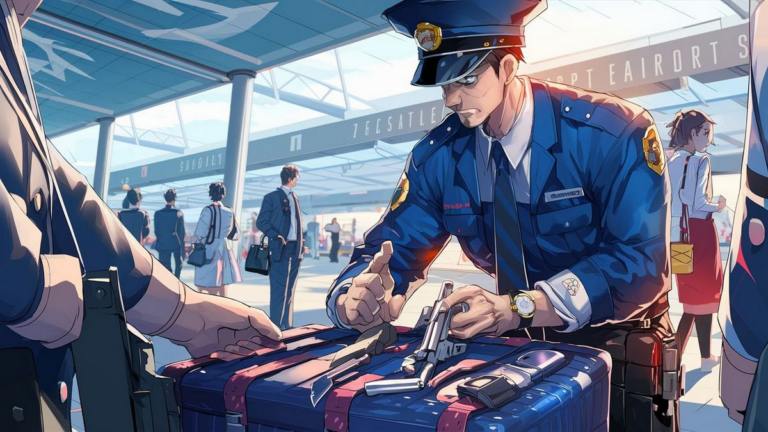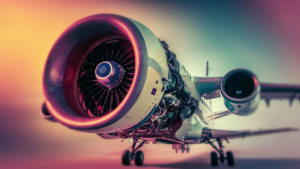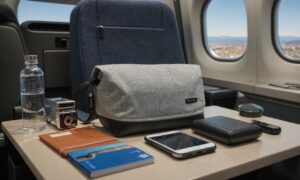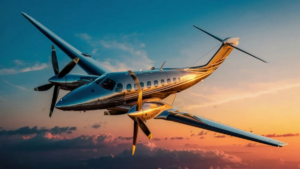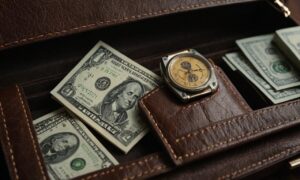When it comes to air travel, passengers must adhere to strict guidelines regarding what items they can and cannot bring aboard an aircraft. These regulations are in place to ensure the safety and security of all passengers and crew members. Understanding what you are not allowed to bring on a plane can help streamline the security screening process and prevent delays or issues during your journey.
Prohibited Items
Various items are prohibited from being brought onto an airplane due to their potential threat to the safety of the flight. These items include:
- Explosives and flammable materials
- Weapons and firearms
- Sharp objects such as knives and scissors
- Liquids in containers larger than 3.4 ounces
- Self-defense items such as pepper spray or tasers
Restricted Items
While certain items may not be outright prohibited, they are subject to restrictions and must meet specific criteria to be allowed onboard. These items include:
- Medications and medical devices (with proper documentation)
- Electronic devices (must be screened separately)
- Food and beverages (subject to inspection)
- Sharp objects (such as nail clippers or razors) with blade length restrictions
Special Considerations
There are also special considerations for certain items that may be allowed under specific circumstances:
- Baby formula and breast milk (allowed in reasonable quantities)
- Lithium batteries (must be carried in carry-on baggage)
- Sports equipment (may require special handling or packaging)
Additional Tips
When packing for your flight, it’s essential to keep these guidelines in mind to avoid any issues at the security checkpoint:
- Check the Transportation Security Administration (TSA) website for the most up-to-date information on prohibited and restricted items.
- Be mindful of international travel restrictions, as rules may vary depending on your destination.
- Consider shipping prohibited items or leaving them at home to avoid any complications.
By familiarizing yourself with what you are not allowed to bring on a plane and adhering to these regulations, you can help ensure a smooth and hassle-free travel experience for yourself and your fellow passengers.
Security Screening Procedures
Passengers are required to undergo security screening before boarding a plane. This process involves the inspection of both passengers and their belongings to detect any prohibited or restricted items. Here’s what you can expect during security screening:
| Procedure | Description |
|---|---|
| Passenger Screening | Passengers are required to walk through a metal detector or body scanner to detect any metal objects on their person. |
| Baggage Screening | All carry-on bags and personal items are screened through X-ray machines to identify any prohibited items concealed within. |
| Secondary Screening | If an item raises suspicion during initial screening, passengers may be subject to additional screening measures, such as a pat-down or further inspection of belongings. |
What Happens to Prohibited Items?
If prohibited items are discovered during security screening, passengers have several options:
- Voluntary Surrender: Passengers can voluntarily surrender prohibited items to security personnel.
- Return to Vehicle: If feasible, passengers may return prohibited items to their vehicle or give them to a non-traveling companion.
- Mail or Ship: Some airports offer mail or shipping services for passengers to send prohibited items to their destination or home address.
Frequently Asked Questions
- Can I Bring Lighters or Matches?
Most airlines allow passengers to bring one lighter or pack of matches in their carry-on baggage. However, it’s essential to check with the airline as some may have specific restrictions. - Are Electronic Cigarettes Allowed?
Electronic cigarettes (vapes) and their accessories are typically allowed in carry-on baggage, but passengers are prohibited from using them onboard the aircraft. - What About Duty-Free Purchases?
Passengers can generally bring duty-free liquids purchased within the security checkpoint onto the plane. However, it’s advisable to confirm with airline staff or check the airline’s policies beforehand.
See also:

